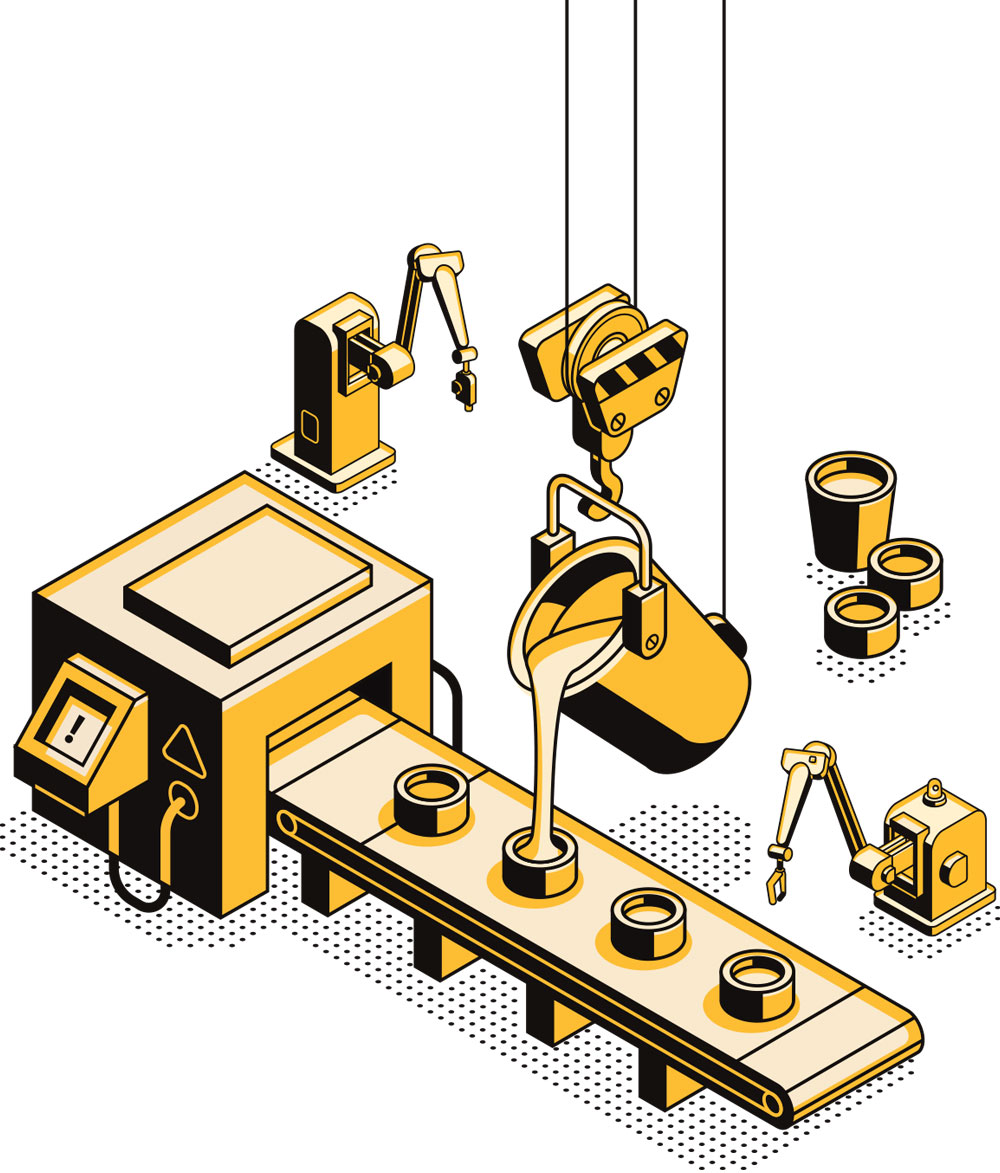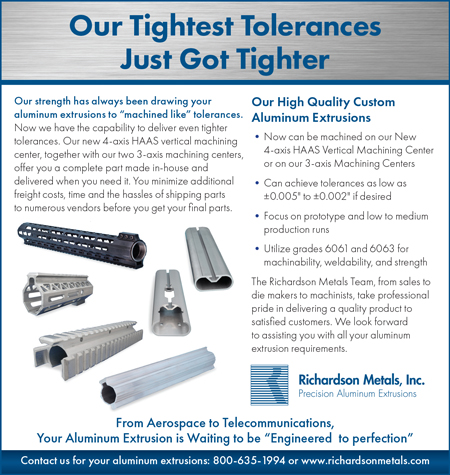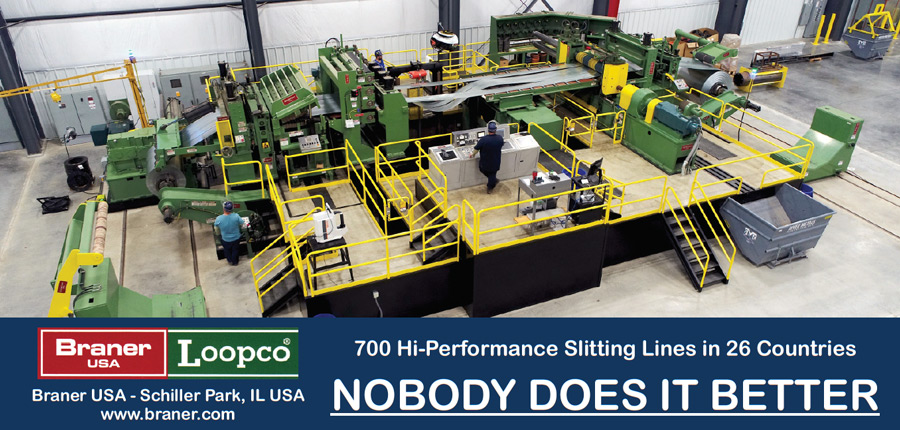
vision board is a tool that visually represents goals for the future. Several major global steel producers have joined with energy companies, government agencies, academics and other partners to plan for a decarburized tomorrow. And the names involved are big: ArcelorMittal Europe, SSAB, Posco and the Colorado School of Mines, for example.
“ArcelorMittal Europe is doing a lot of work to develop a path to net zero,” or carbon-neutral steel production, CEO Aditya Mittal said in June 2020. “Steel should and can play a leading role in achieving the vision for Europe as outlined in the Green Deal.”
Researchers, backed by a U.S. Department of Energy grant, are trying to create a steel production system that combines a hydrogen-reduction reactor for ironmaking (H2DR) with electric furnace melting for steelmaking. “The integration of this H2DR combination into the U.S. supply chain would be a proof-of-concept that the steel industry is ready for decarbonization,” one of the scientists explained.

 …to deliver a future where steel production is efficient, modular and clean.
…to deliver a future where steel production is efficient, modular and clean. 
“Boston Metal is positioned to deliver a future where steel production is efficient, modular and clean,” says Chairman and CEO Tadeu Carneiro.
“Steel is the backbone of the industrialized world, with 1.9 billion tonnes produced each year to build transportation systems, skyscrapers and infrastructure,” says Bennett Cohen, partner at Piva Capital, one of the investors in Boston Metals. “Unfortunately, the production of steel is responsible for more than 8 percent of global carbon dioxide emissions, and the time is now to identify a more sustainable and cost-effective solution.”
A study by consultancy McKinsey & Co., completed in April 2020, suggested “it is crucial to act now” to secure a carbon-neutral future for steel production. “Industrial sites have lifetimes exceeding 50 years and investment planning horizons of 10 to 15 years. Asset and footprint decisions need to be made today and must follow a clear decarbonization road map.”
One of Modern Metals’ main goals is to look at what’s coming next. This month’s cover story provides a more detailed description of the steps being taken toward a cleaner industry.

